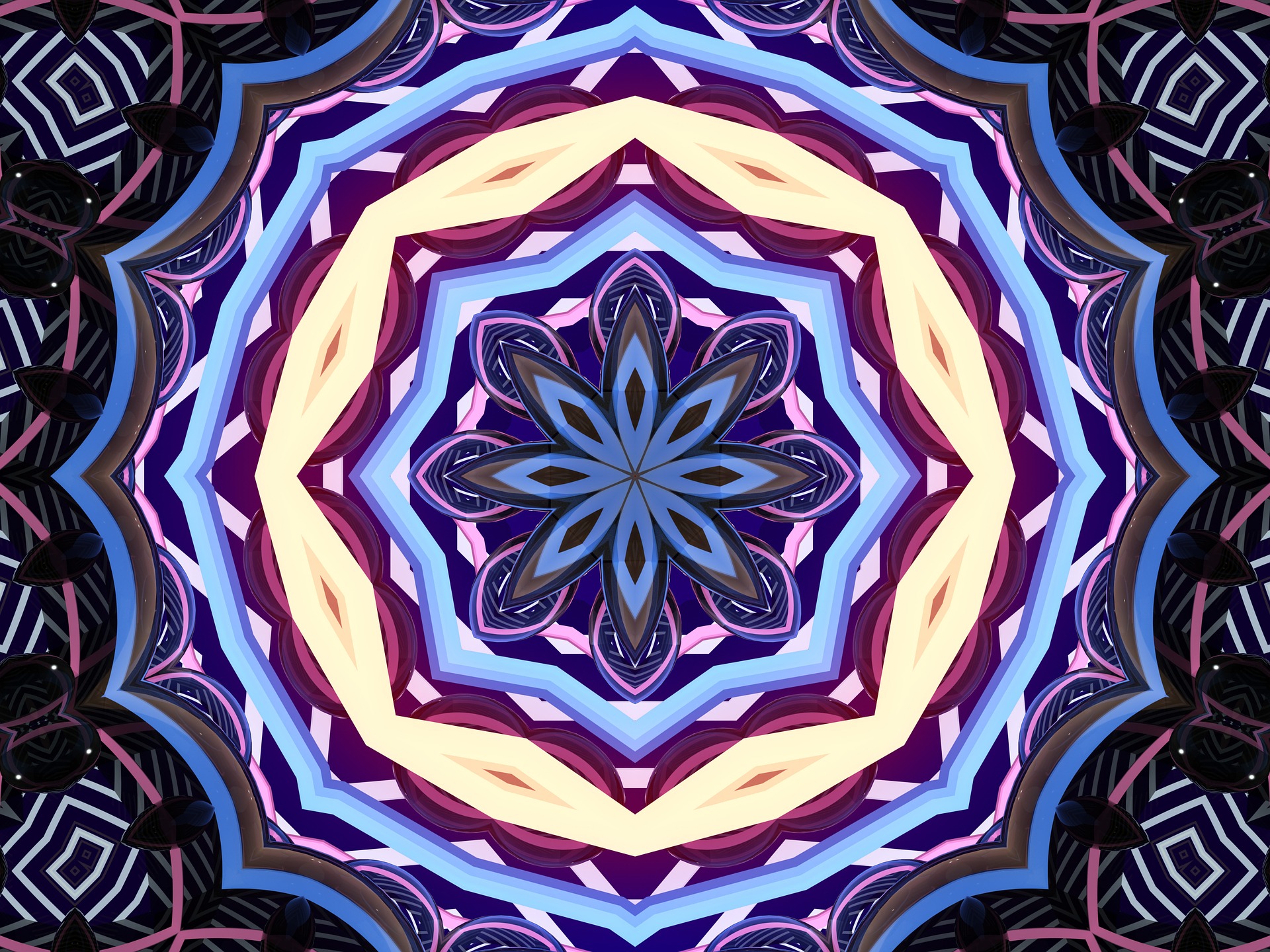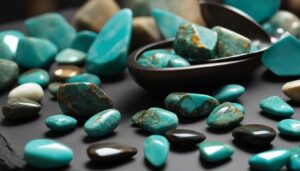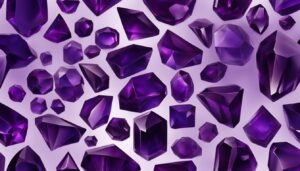If you’ve recently dyed your hair with henna, you’ve probably wondered how long henna color lasts. I was completely shocked (and excited) when I realized that you can use henna to color (or dye, as you will soon find out) hair.
Henna is not permanent when placed on the skin, but it is permanent when used to color hair. Henna hair dye remains until either the hair grows out or is shaved off. However, the dye fades after a short while, and its faded color tends to remain for a few months after it appears.
If you are using pure natural henna without chemicals, additives or preservatives, you can dye your hair with synthetic dyes. If henna claims to permanently color hair, then it is not natural henna. Applying black henna is like applying chemical hair dye and will definitely damage your hair. It is not henna that breaks the hair, but the chemicals used to dye the hair with henna damage the hair.
How Henna Hair Dye Is Applied
To dye hair that has been henna-colored, your hairdresser must use a much stronger and more aggressive chemical to re-open (damage) the cuticle so the dye can seep into the hair. From there, when you dye your hair again (which you can do at any time, as there are no chemicals in the dye for your hair to “heal” from), you will more fully understand your hair’s reaction to henna.
The reason you can’t dye henna with a chemical dye is because the henna coats the outside of the hair shaft, affecting the penetration of the chemical dye. In my case, I was able to even out my hair color after using henna with a semi-permanent dye.
However, your barber had to apply it twice because he said my hair doesn’t absorb the dye after using henna. The lighter your natural hair, the brighter the red, although henna should not be used on gray hair. Red henna on red henna is a bolder option that gives you bright red hair. There is also a compound henna, which includes indigo, clove, or coffee to give hair a color other than red.
Henna Is One of Many Hair Beautification Tools
Henna (lawsonia inermis) and indigo (indigofera tinctoria) color hair, cocoa butter deeply hydrates hair and raw materials, and essential oils promote scalp health and enhance natural coloring properties. After doing a little research, I found out that henna, made from the Lawsonia inermis plant (informally called the henna tree), has been used for centuries to safely color the body AND hair.
Not only is henna an all natural alternative to commercial hair dyes for those of us who like to change our hair color from time to time, Henna Lushs can also be used as a *treatment* for hair. Black henna contains a highly toxic chemical called PPD (paraphenylenediamine), a chemical that is also found in most hair dyes you buy or get from a salon.
The highly toxic chemical can cause some serious scalp and hair reactions, including burns, blisters, scars, etc., and is banned in the United States, but for some reason not banned in hair dyes. What most stylists don’t realize is that this chemical is just as bad for the dyes they use as it is for henna. Some brands of henna dyes contain metal salts, so chemical hair dyes cannot be used on them.
If you have used any other henna or hair dye, it is very important to test a sample of your hair first, as metal salts and other additives cause severe chemical reactions with bleaches.
Tell Hairstylists about the Henna Treatment
If you’ve used henna on your hair, be sure to let your colorist know, and always do a patch test and strand test to determine how the dye interacts with your body. Generally speaking, the best solution to get rid of henna is to let the hair grow back. It is also helpful to use it before applying henna to ensure your hair is completely clean for best results. Well, yes henna is safe for hair, but you have to make sure it’s 100% natural henna.
Henna is actually a permanent hair dye, and in most cases, if you don’t like the effect, you won’t be able to replace it for a few months. Henna is an ethical and generally beautiful choice but it is a long lasting color and if you have a henna hair disaster it is best not to use chemical hair dyes on it so opting for henna is also a bold choice . Obviously, the application of synthetic dyes to henna-dyed hair is highly discouraged, so if you’re making an effort to try henna, you’re really making an effort.
Pregnant women who have been warned not to use synthetic dyes may find their ideal hair color in henna. Henna is a natural and safe alternative for women who want to dye their hair without damage or chemicals. A natural vegetable dye, henna is rapidly gaining popularity as a safe and effective way to cover gray hair and beautifully add color and shine.
Henna Often Contains Lemon Juice
Made from henna, henna can stain hair, skin, and clothes a dirty brown, but it only lasts for a few weeks. Lemon juice is commonly used in henna mixtures to allow the hair to release more of the dye from the plant and make it last longer. The results are usually visible on the skin henna, creating a darker and more attractive stain, but taking this into account, adding lemon juice to the hair henna mixture can be very harmful.
Perhaps the most important information to note in this description is that henna colors your hair and that the color does not fade (i.e. completely). May react with metal If you browse the Internet looking for information on how to dye your hair with henna, you are likely to come across warnings not to use it with metal bowls.




